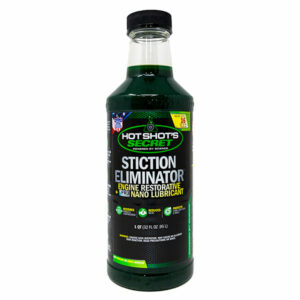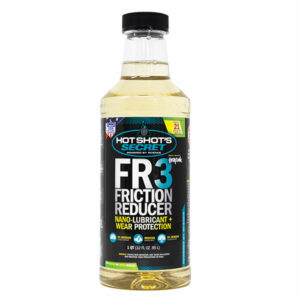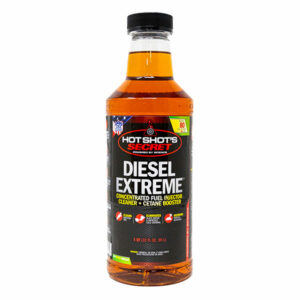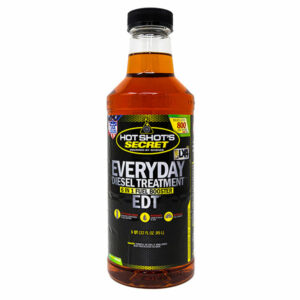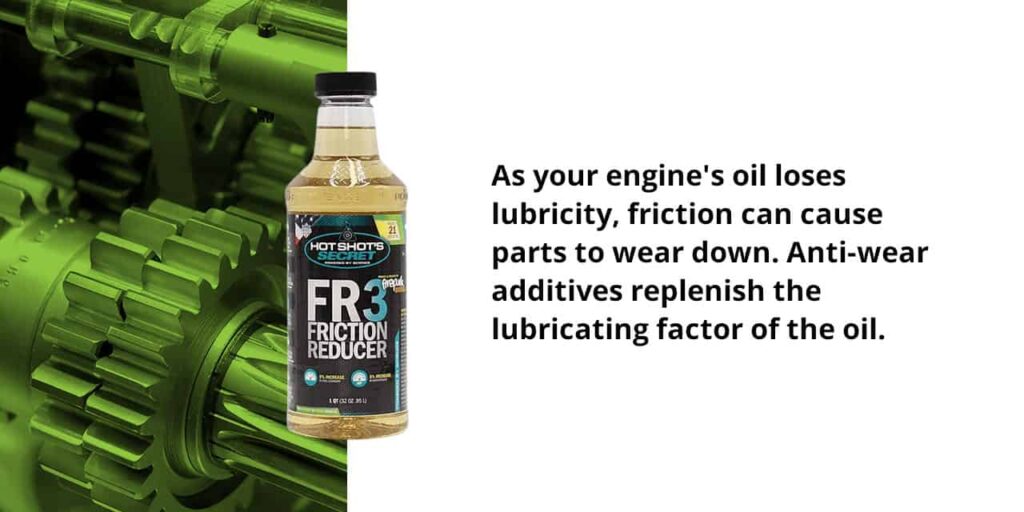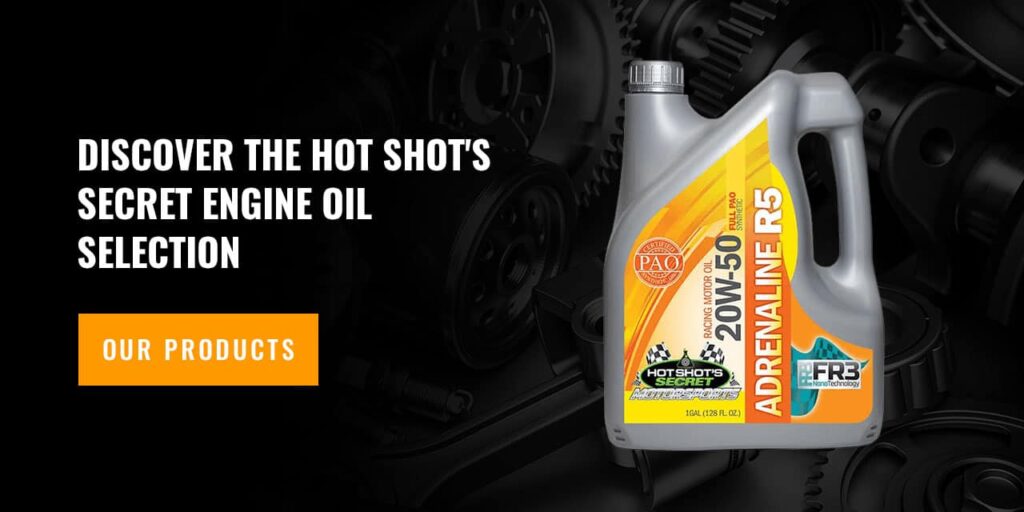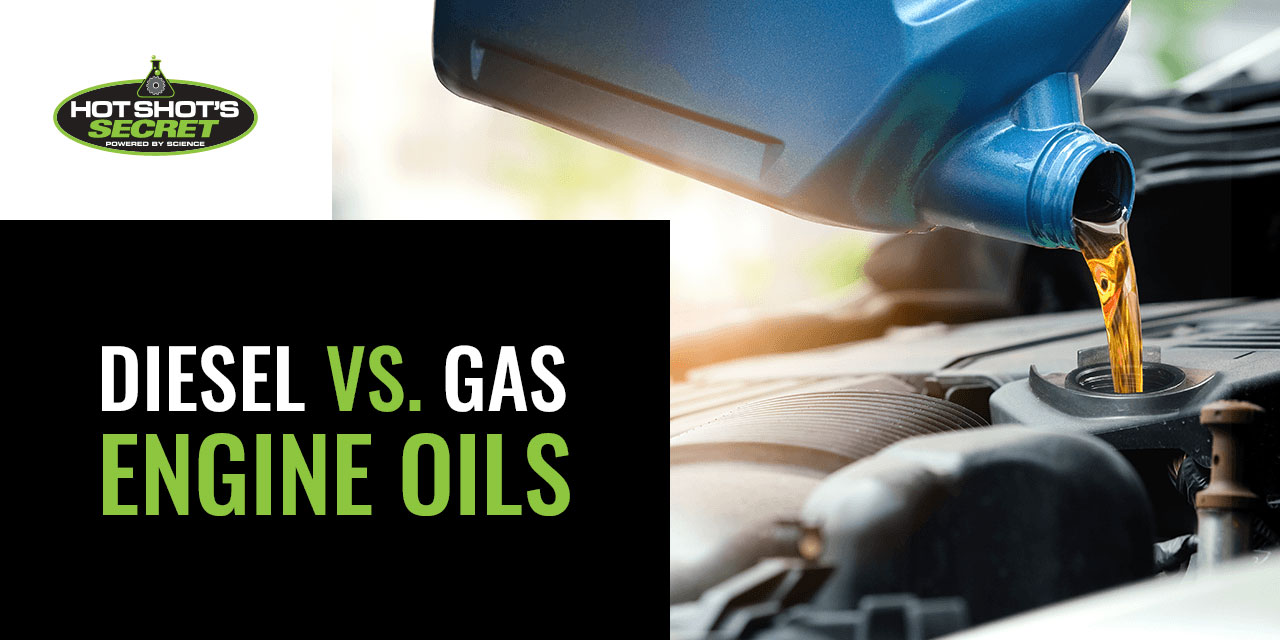
With a wide variety of engine oils to choose from, you may be wondering what type is the best fit for your vehicle. We’ll break down the basics of diesel oil versus gas oil, discuss the science behind these distinctive engine designs and answer some frequently asked engine oil questions. Or if you are looking to learn more about a specific product, view our most popular additives below!
What Is Engine Oil?
Engine oil provides many benefits. It lubricates the moving metal parts of an engine as it warms up, creating a protective layer. Oil also protects your engine as it reaches higher temperatures. As the oil circulates, it evenly distributes the engine’s heat until the engine’s cooling system carries the heat away. The film of oil between the parts also decreases the power the vehicle needs to use to overcome friction, increasing fuel efficiency and helping your vehicle run easier.
Oil also cleans your engine, reducing sludge buildup and capturing contaminants like soot, water, condensation, dirt and metal particles. Engine oil also protects metal surfaces prone to rust and corrosion. Without these cleaning measures, sludge buildup can cause increased engine wear and, in extreme cases, engine failure.
What Are the Key Differences Between Diesel and Gasoline Engine Oils?
All engines convert the energy from chemical reactions into power for your vehicle, but gas and diesel engines do this in different ways. Here are several factors to keep in mind:
Emissions and the Catalytic Converter
Gas engines ignite without compression by using spark plugs. Diesel engines ignite by compressing air in their cylinders until it’s hot enough to light the fuel.
In a gas engine, catalytic converters convert your engine’s toxic emissions into cleaner byproducts and release them into the air. During the combustion process byproducts such as nitrogen oxides, hydrocarbons and carbon monoxide are produced. Catalytic converters break apart these gases into nitrogen, carbon dioxide and water to reduce harmful emissions.
Diesel engines produce an additional byproduct that gas engines don’t — soot. Soot comes from the diesel engine cycle, the Diesel Particulate Filter (DPF) and other after-treatment systems are the “catalytic converter” for diesel engines.
The additives used in diesel engine oils are designed to be used with the emission systems. The additives are required to deal with the harsh environment of the diesel engine, however, gas emission systems can’t handle them. If you put diesel engine oil in a gasoline engine, it could harm the catalytic converter and long-term use cause result in failure.
Viscosity
Viscosity is the ability of a liquid to flow at different temperatures. Oil with high viscosity forms a protective barrier between metal parts. At lower temperatures, oil is thick like the consistency of molasses, while at higher temperatures, oil thins out and flows similarly to water.
Due to their forces of combustion, diesel engines are harder on oil than gas engines. Oils can crack into smaller molecules in a process called shearing, which decreases the oil’s viscosity. In general diesel oil is highly viscous while lighter weights are required in gas engines. Our Blue Diamond oils are made of pure poly-alpha olefin (PAO) oils that require a very small amount of viscosity improvers to meet the weight specifications. This allows the oil to be loaded with more longevity and performance additives, keeping the oil cleaner longer and providing better mileage and horsepower.
Additive Levels
The additives in diesel oil and gasoline engine oil are very similar — detergents, dispersants, anti-wear agents, corrosion inhibitors, antioxidants, friction modifiers. In general, however, diesel engine oil tends to contain higher concentrations of additives than gasoline engine oil. Diesel oil has particularly high levels of detergents and anti-wear additives per volume.
The extra additives help the diesel oil meet the demands of the larger engine. Diesel engines create higher volumes of soot and other combustion byproducts than gasoline engines, and the extra additives clean out these byproducts.
Very high additive loads in gasoline oil, on the other hand, would compromise the vehicle’s performance. In a gasoline engine, as highly concentrated detergents and dispersants clean the cylinder walls, they can interfere with the seal between the liner and the rings, reducing compression and efficiency. They can also cause the engine to smoke and damage the catalytic converter. That’s why gas engine oils usually contain lower levels of these additives.
At the right concentrations, additives improve your engine oil’s quality. Many engine oils already come with crucial additives, but these can break down over time. To keep your engine’s oil working at its best between oil changes, it’s important to account for additives it may lose along the way.
As your engine’s oil loses lubricity, friction can cause parts to wear down. Anti-wear additives replenish the lubricating factor of the oil. Specific products, like the FR3 Friction Reducer, enhance your oil’s lubricity.
Cleaning agents remove the residue of burnt oil that builds up over time. Stiction Eliminator both lubricates and removes buildup. Both the FR3 and the Stiction Eliminator are safe to use in gasoline and diesel vehicles.
Detergents and dispersants in engine oil clean the engine, but as they deplete over time, corrosive acids can form. To prevent this from happening, products like TBN Booster replenish these cleaning agents to prevent corrosion for longer stretches of time. The TBN Booster is recommended for diesel engines only. During diesel combustion, the sulfur present in diesel fuel reacts with oxygen to form sulfuric acid, which is corrosive to all metal in your engine. The TBN Booster counteracts the effects of this type of combustion.
Replacement Intervals
You’ll notice a sharp change in engine performance if you haven’t changed your oil in a while. Routinely adding fresh oil to your engine will prevent permanent damage and ensure your vehicle runs smoothly for a long time. Despite many differences, diesel and gas engines both require oil changes every 5,000-15,000 miles. Check your vehicle’s owner’s manual for specifics.
Are These Products Interchangeable?
Among common engine oil questions, many wonder whether it’s possible to use diesel oil in a gas engine or gas oil in a diesel engine. Overall, it’s best practice to use diesel oil in diesel engines and gasoline oil in gasoline engines. However, some oils are formulated for both diesel and gasoline engines. Always check your vehicle’s owner’s manual and the label on the bottle to make sure you’re getting the right type of oil you need.
The American Petroleum Institute (API) has created a series of engine oil classifications:
- If an oil is designed for gas engines, the service symbol will be labeled with an “S” (Service).
- If an oil is designed for diesel engines, the symbol will include a “C” (Commercial).
- If the symbol says, “Resource Conserving,” that means it’s designed for gas engines.
- Oils may meet the standards for both gas and diesel engines. If so, the symbol will include a “C” followed by an “S” in its list of service categories.
Mixing Diesel and Gas Engine Oil
Mostly, you should stick to the oil that’s designed for the type of vehicle you drive. However, if you do need to top off your oil with a different type, it’s best to use the same weight. While not always ideal, most engine oils will work in either engine. Diesel engines need a higher viscosity and different additive levels than gasoline oils provide. Gasoline emission systems can become clogged with diesel oil additives not meant for the system.
Discover the Hot Shot’s Secret Engine Oil Selection
The type of oil you use in your vehicle’s diesel or gas engine depends on many unique factors, from how the engine ignites to how it heats and emits its fuel. Whatever powers your vehicle, keep its engine in prime condition with the right motor oil and additives.
Hot Shot’s Secret has a variety of engine oils and additives to choose from. Whether you’re looking to replenish additives or you’re in need of a total oil refresh, we’ve got you covered. Browse our five-star oil products today!

